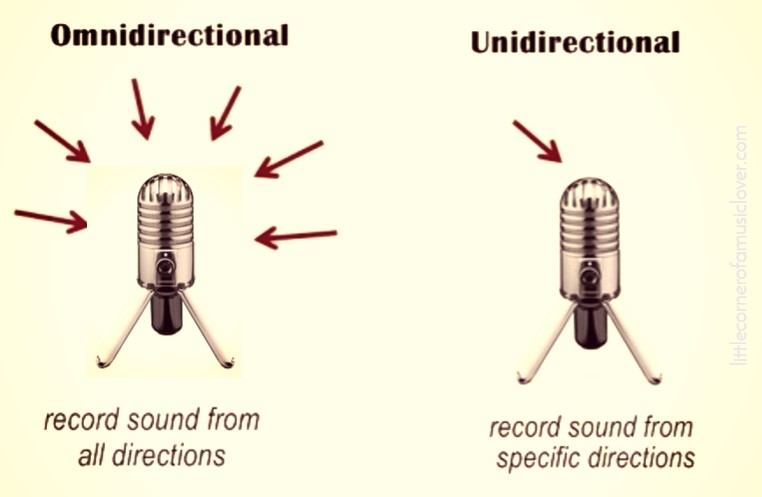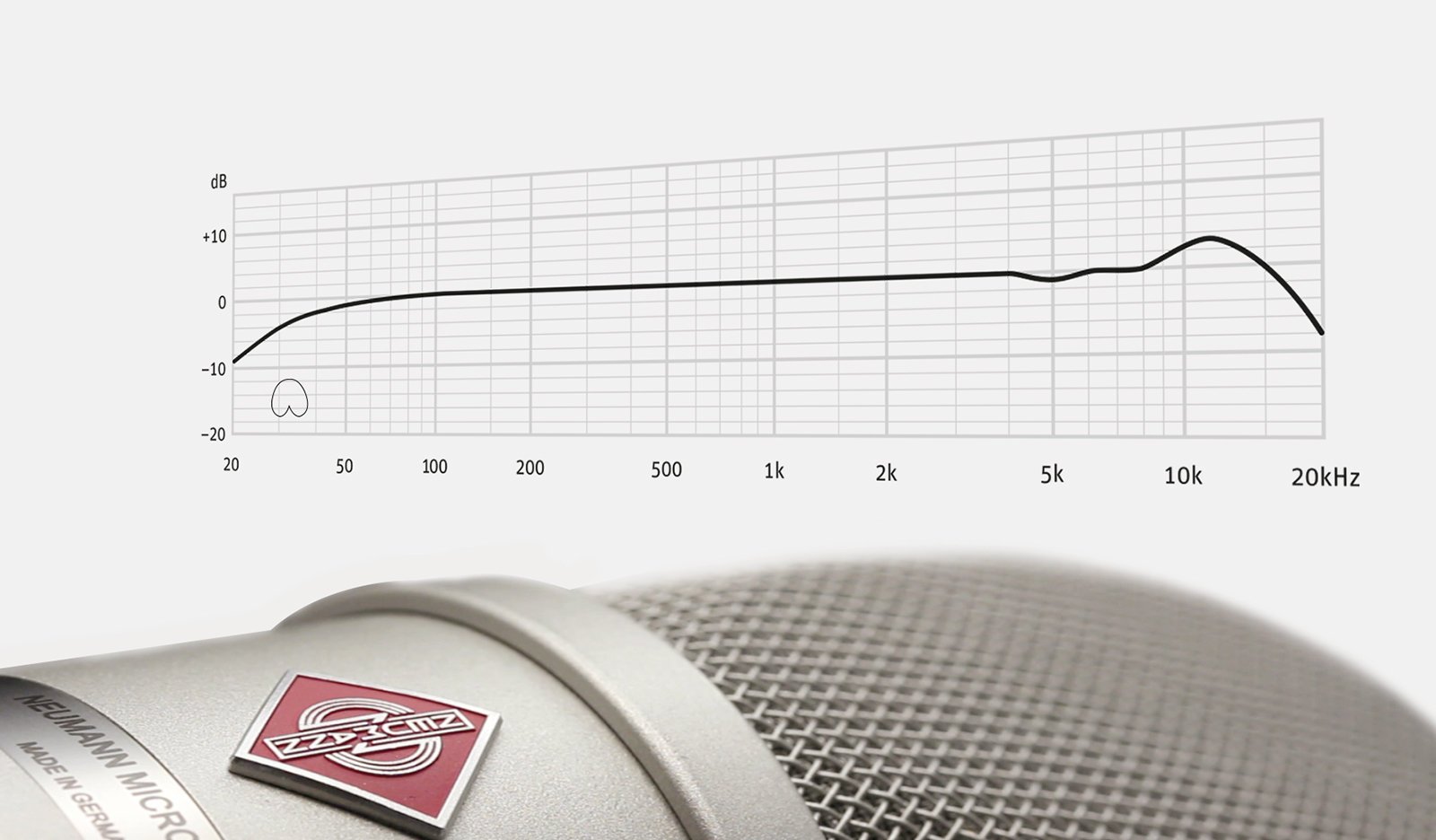Gaming Microphones: What To Look For When Buying One
When you are in the market for a gaming mic then you are not looking for studio quality audio so you might think that getting the cheapest option that you can find on the market is the best way to go. But that is not the case. While price is a major factor, there are other things that you need to keep in mind as well.
In this guide are we going to talk about the different factors that you should keep in mind when getting a mic for gaming and what you need to know before you buy a microphone.
What You Need To Know
The following are the major factors that you need to keep in mind when you are in the market for a new gaming microphone.
Analog Vs USB Mics
There are two kinds of options when it comes to connectivity, analog and USB. Analog means that your mic is going to plug into the 3.5mm jack. If you are going to use your mic with a laptop then chances are that your laptop comes with a combo jack which is already going to be used by your headphones so you have no place to plug in the mic. In this case, you are going to need a USB mic.
There are advantages of having an analog mic. If you are using a PC where you have individual inputs for mic and headphones then you are able to connect all kinds of hardware like an amp with your mic. But if you are not using an amp or an audio interface then you are relying on the built-in audio controller on your motherboard. Which might not be the best in the world.
Form Factor
The form factor also plays an important role when buying a mic for gaming. You need the mic to be light and adjustable. If it is coming in your way or is hard to move then it is going to be in the way and you will not feel comfortable using it. If it uses a stand then it might not be close enough to your mouth.
If it clips on then it might not attach to your clothes. All these things need to be kept in mind when you are going to buy a dedicated mic for gaming. What works for you depends on your setup as well as your preferences and use case so you need to think about how you are going to use your mic before you actually buy one and find out later on that it does not suit you well.
Directionality (Unidirectional Vs Omnidirectional)
Different mics pick up audio from different directions. If it is a unidirectional mic, then it is only going to pick up sound that is coming from one direction. This can come in handy if you are looking to minimize background noise. You can point the mic at yourself and it will only pick up your voice. The most commonly used unidirectional mics are the cardioid microphone. These are used for speeches and recording because they do a good job at eliminating background noise.

Other types of mics include omnidirectional mics. These will pick up audio from all around you. If you have a noisy background then this is not something that we can recommend as you are going to get a lot of background noise.
The type of mic that you choose depends on how you are going to use it. If it is strictly for gaming then you should be alright with a cardioid mic but if you are also going to use it for podcasts or something like then you would be better off with an omnidirectional mic as it will offer you much more flexibility.
Frequency Of A Microphone
The frequency of a mic is often given in a range. This frequency is what the mic and hear and record. The human ear works the same as well and it has a frequency of 20–20,000 Hz. Some mics are capable of having the same range but it is uncommon for a mic to go higher than the human ear. The range simply means the kind of frequency the mic will be able to pick up. The mic will not record or pick up sound that is lower or higher than the rated frequency.

Final Thoughts
At the end of the day, the features that you need depend on what you are going to do with the mic and your specific situation. If you already have a pair of decent headphones then you can get a small mic that clips on. If you are going for a long lasting solution then you can get a dedicated microphone.
If you do pick up an inexpensive microphone then remember that at the end of the day you are getting what you pay for even though there are options on the market that are great value for money and perform very well indeed.





